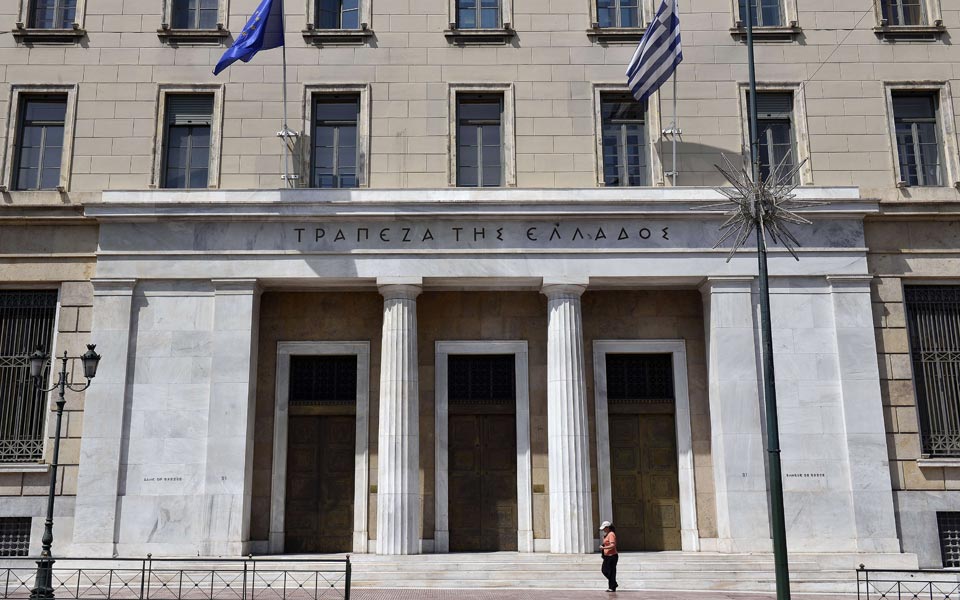Bank recap process on the table

Representatives of the country’s creditors paid a visit to the Bank of Greece on Friday and met with Governor Yannis Stournaras. They discussed the state of the local credit system and the economy in general after the introduction of capital controls, as well as the burning issue of bank recapitalization.
That visit was followed by a meeting of the Credit Stability Council, which comprises of representatives of the central bank, Finance Ministry and Hellenic Financial Stability Fund, as the bank recap plans are now on the table.
Bank officials say that a study by the European Central Bank on the state of domestic banks is already under way and is expected to be completed by early September. It will be immediately followed by stress tests on the systemic banks which will determine the final level of their capital requirements. The BoG aims to have the recapitalization process completed by the end of the year.
Analysts estimate that level of banks’ capital needs will depend on the effects of the recession in the evolution of nonperforming loans, the handling of the issue of deferred tax assets and the long-term fiscal scenarios that will be adopted by the ECB.
The second week of banks’ operation under the capital controls showed clear progress toward normality. In the three weeks that banks have been closed, from June 29 to July 17, just 10 percent of the transactions performed before the bank holiday were made. After the reopening of branches the transaction level surged to 70 percent of the normal volume, although this certainly does not mean that the credit sector has returned to normal.
Bankers explain that the return to some semblance of normality mostly concerns the operation of banks as vehicles for making payments (such as loan installments, tax obligations, utility bills etc.) and not their capacity of supporting the real economy, i.e. lending to households and businesses. After all, the capital controls have considerably reduced the funding needs of the economy due to the decline in activity.





